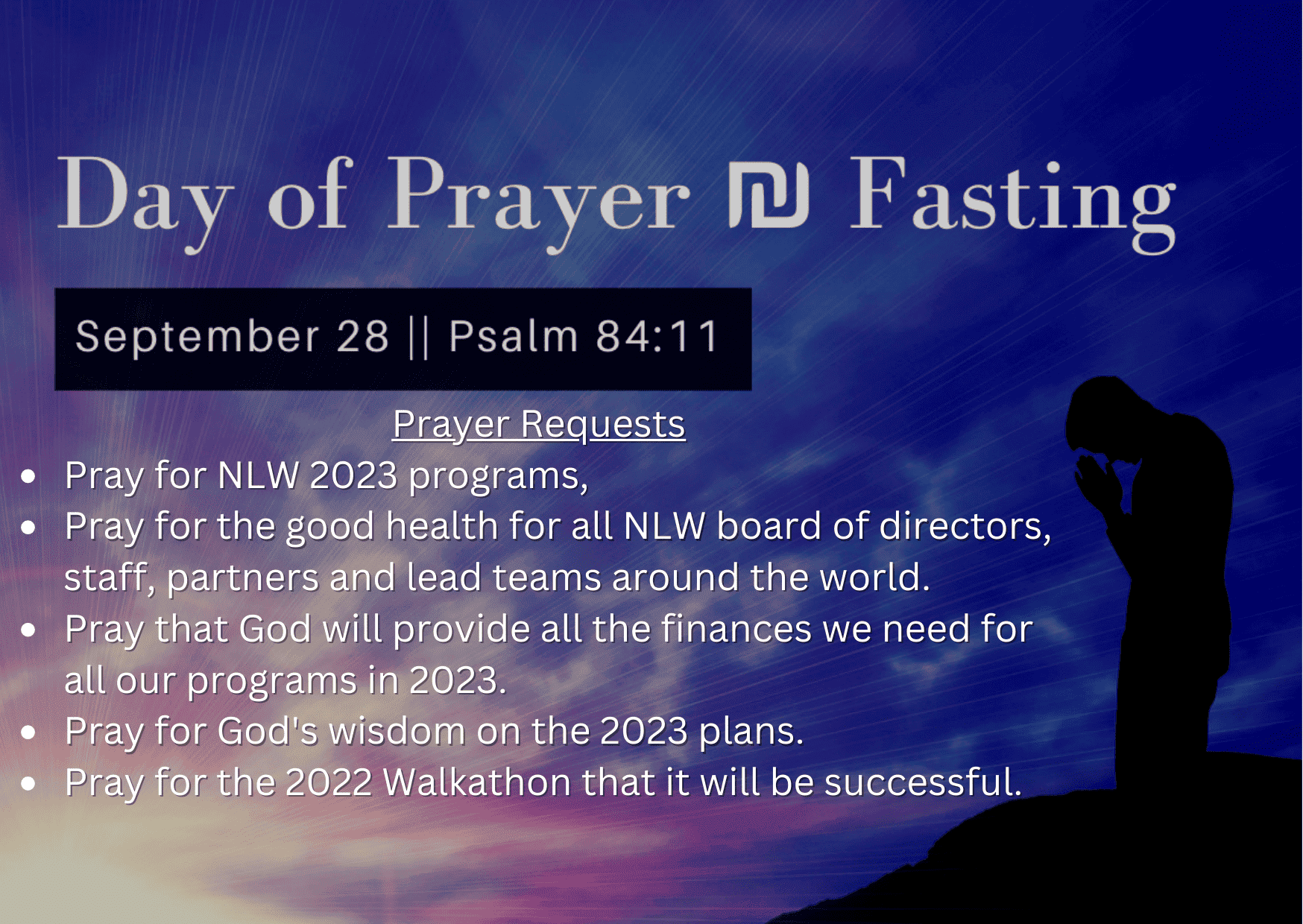
What We Expect From Our Staff
By Dwayne Moore
We have an incredible staff of workers at Next Level Worship International. We only hire from within our organization. In other words, we only employ people we know and trust who have gone through our funnel of leadership development. Thus, we have deep trust among our staff.
We have a small staff. We don’t envision ever having a large staff because that would require a great deal of funds. Instead, NLWI is a ministry made up primarily of volunteers. We have team members in many parts of the world who are volunteering for us.
In reality, as I heard one leadership expert put it, “Every staff person is ultimately a volunteer.” That’s because staff people can decide whether they work for you or whether they work somewhere else. And if they are of the caliber and quality you need in your organization, then they certainly have opportunities other than yours. They could work somewhere else; yet, they choose to work with you. We understand and respect that at NLWI, and we realize our staff people came to us because they feel called to be a part of our organization.
We also understand that we need to communicate clearly and regularly what we expect of our staff. Below are our top three expectations. These can be applied to any non-profit organization, including local churches.
1. Own your job.
We need to remind ourselves to treat our positions as though we are self-employed, because in a sense we are. In any non-profit organization, we mustaccept the responsibility of helping our organization move forward.
We can do this, first of all, by helping raise funds for the organization. Each individual staff person needs to feel some weight and responsibility for doing that. That is a requirement to be a part of our staff.
You might say, “But how can I do that in a church setting?” Or, “How can I help in my current staff position?” You can help first of all by being aware of the budget and what the income of the organization is from month to month. Let your pastor or your director know you’re interested in the finances. Let them know you pray for the funds needed. If you’re in a church setting, you probably don’t have the freedom to walk up to people and ask them to give money, and I’m not suggesting that you do. However, you need to at least be praying for the finances. In addition, from the platform or in your day-to-day conversations you can mention your awareness of the financial needs.
Each of us can also personally support our church or non-profit, instead of always expecting them to pay for everything. Sometimes we should put in something to help them. If we’re members of the church where we work, then we should be tithing to that local church. In these ways, we’re making an investment in the organization. If we work for a non-profit like NLWI, then we need to be out there recruiting people, building relationships with potential donors, and sharing the vision.
We need to own our job for ourselves. What we tell our staff is that we’re not “giving you a job.” This is an opportunity for you—not just to have an income, but also to make an impact. And so you’ve got to see it as your own job, a job you create and manage for yourself.
2. Produce results.
At the end of the day and the year, what matters is what you are producing. Again, thinking as a self-employed person, it rises and falls by you. If you don’t produce results, you’re not needed in the organization. I know this doesn’t sound very spiritual; it sounds heavy, and most don’t like to think this way. We prefer to just show up, clock in, do our job, and then leave and forget about it until the next day. But we must evaluate ourselves along the way and ask ourselves, “How am I doing? What am I doing?” We can’t settle for just good intentions; we must deliver good works. Else, we will ultimately cease to be needed in the organization.
Clearly understand what your responsibilities are, and be self-motivated and trustworthy to get those responsibilities done without having to be micromanaged. Demonstrate that you are producing results. Be proactive in letting your director or your pastor know you are trying to address the responsibilities you have. Let them see that you’re aware it takes more than merely trying—it takes doing.
Trust God and pray and ask Him to help you produce the needed results. If you can’t do it alone, ask others to help you. But if it doesn’t get done well by them, you should take responsibility for that. Think as a self-employed person: What do you need do to help this organization move forward?
3. Guard your health.
Ultimately, this might be the most important one of all because, in order to produce results, we have to have a healthy body and lifestyle. A few years ago an older lady said something to me I’ll never forget. I was commenting to her about how I was having a great day and feeling good. She looked at me and said: “Be thankful for your health, because when you lose it, you lose everything.” She paused a moment to be sure I was listening, then said: “You can’t do anything without your health.”
At the time what she said struck me as odd because honestly I’d never thought about that before. I’d always had my health; I’d been a very healthy person for years. It was hard for me to think in terms of not being healthy. However, in this past year I’ve discovered firsthand what that lady meant. I’ve had some significant health issues, and I’ve discovered how poor health can effect my concentration, focus, and ability to function well from day to day. Yet function I must, because if I don’t function and produce results, if I don’t do my part, then the organization suffers.
That’s not to say we won’t show grace to someone who has a bout with illness, whether short or prolonged. Of course we will. We want to always show grace and be willing to help. Nonetheless, we must have people on our staff who don’t take advantage of sickness, who don’t just call in sick and lay in bed because they can. Rather, they feel an urgency and need and passion to get out of bed if they’re able and get their work done. Such a staff person can be trusted. Whenever that kind of employee calls in and says he or she is sick, we can believe them, because we know they have our best interests at heart.
Guard your health physically. Guard your lifestyle of health; make sure you’re eating well. Exercise and do activities that keep your body as fit as possible. Also guard your appearance. A healthy appearance can make a huge impact in an organization. Think for example when a church team shows up on a Sunday morning to do their job. If they’re energetic, if they’re sharp looking and have an appearance of good health, it lifts the organization and makes people feel like this is a worthy organization to be part of, to give to and support. On the other hand, if we look tired, if our bodies are out of shape and we look lethargic and stressed, then that can negatively affect the impression we make on others, and it could cause some to not want to be a part of us.
It’s important not only that we guard our physical health but also our spiritual health. Above all else, we must guard our heart “for it is the wellspring of life,” Proverbs 4:23 warns us. We need to be watchful over our heart, so it’s not pulled away by the world–by our own pride, lust, and other vices that can hold us captive.
If the life is slowly seeping out of us, if we don’t allow the Holy Spirit to control us and fill us every day, if we don’t guard our spiritual health by reading God’s Word and praying daily, then we will cease to be a help to our organization. On the contrary, we could actually become a cancer to the organization. We could bring harm to the church or the non-profit where we work, and we could also harm our family and friends.
Lord, please help us—by Your grace and power—to own our jobs, produce the results You want, and constantly guard our health and hearts!





Leave a Reply
You must be logged in to post a comment.